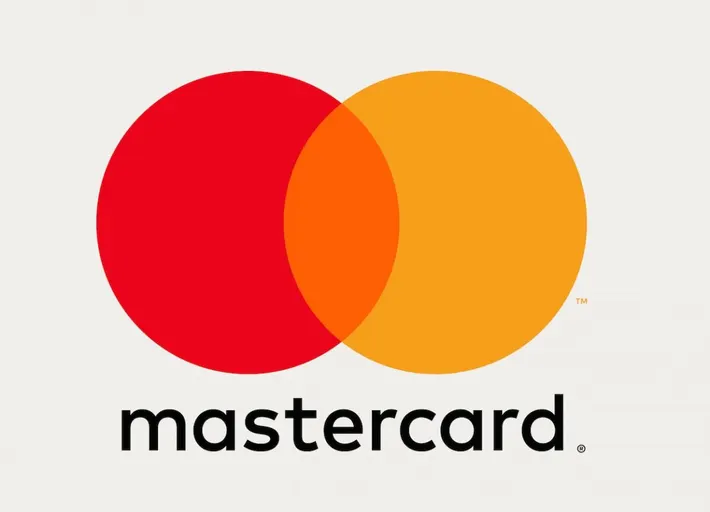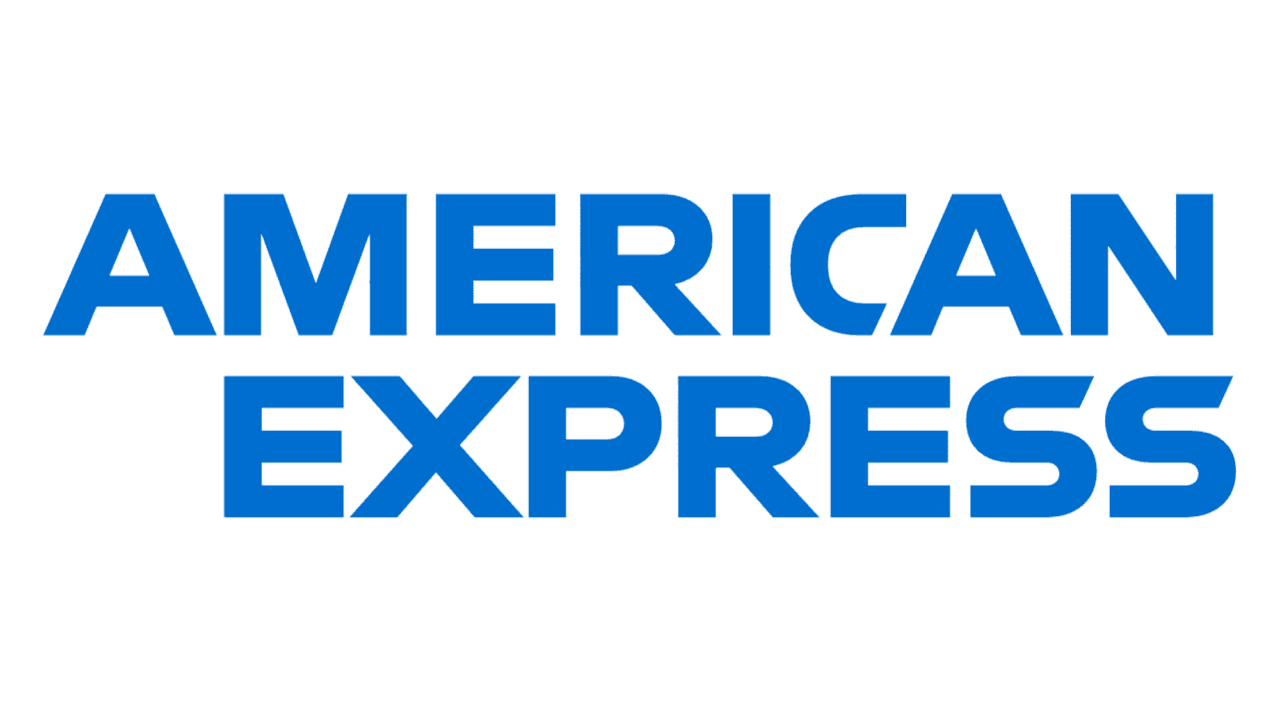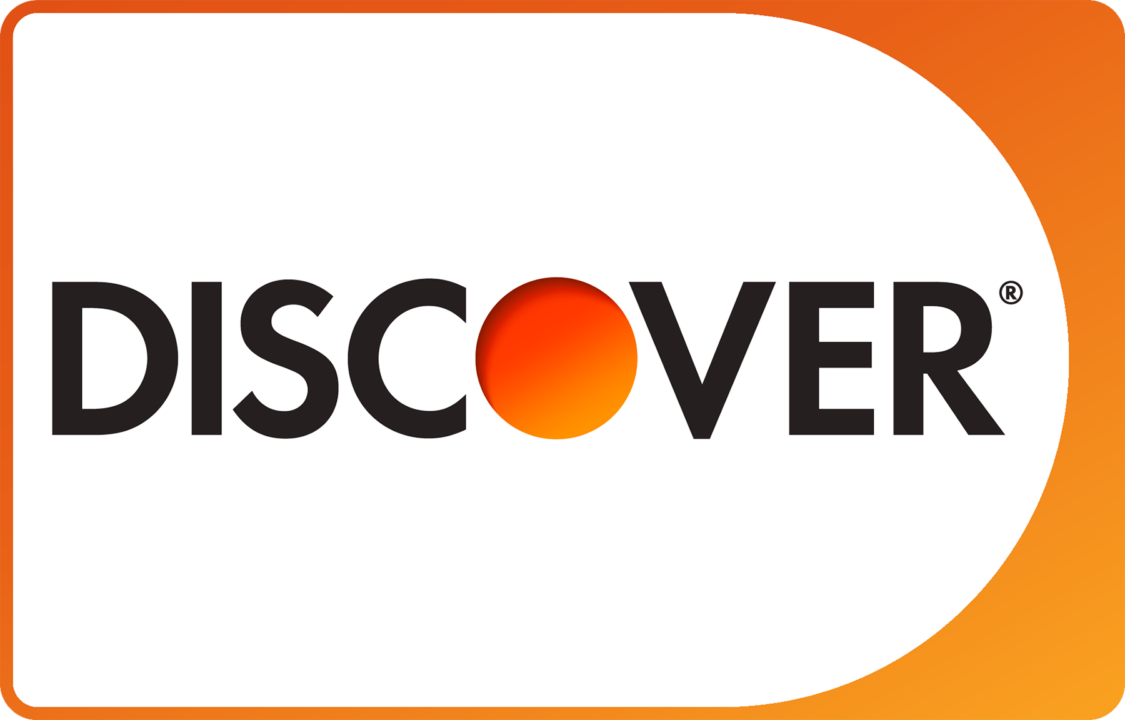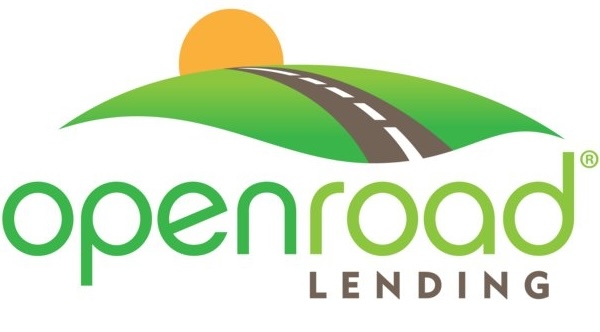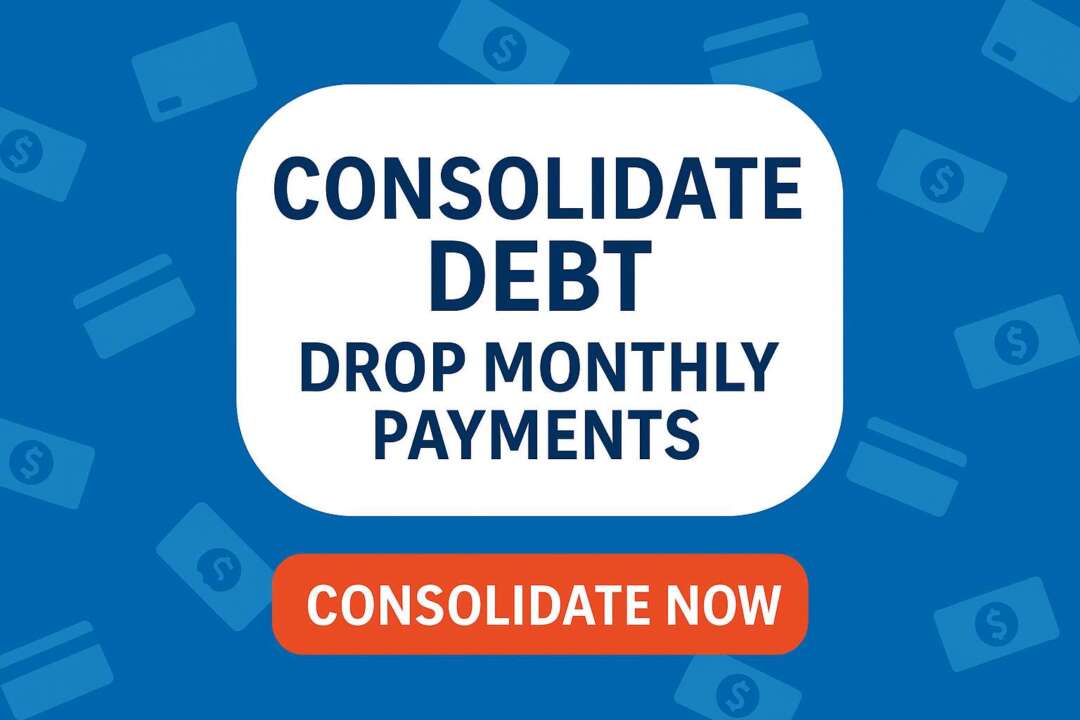When buying a car, never tell the salesperson your budget
Buying a car is one of the most complicated, expensive, and (potentially) stressful purchases that a person can make in their lives. Getting it wrong can mean blowing up your finances or just being reminded EVERY. SINGLE. DAY. that you bought a car you didn’t really want.
That’s why it is so important that you stay in control during the process of buying an automobile. One of the ways that you can do that is to never, ever, ever answer the question, “What payment do you want?”
Hang on to the information you have
When you are buying a car, we strongly recommend you never answer the dealer’s question, “What payment do you want?”
Purchasing a car can be a complicated process. It includes not just setting the price for a very large item, but one that has innumerable options, both physical features and non-physical features like warranties.
Car salespeople already have more negotiating power than buyers due to their experience, knowledge, and the dealership’s resources. They understand the car, the profitability, the industry trends, the financing options, and the overall demand for the car better than you do. Why would you willingly give them access to the one piece of information that you have: how much of your monthly budget you are willing to commit to this purchase?
And that doesn’t even get into the complexity that comes with financing the purchase. Sure, it would be nice to not have to borrow money in order to buy a car, but for most Americans, that’s not an option. When you reveal your budget or monthly payment limit early in the process, the salesperson may use that information to tailor the deal in a way that maximizes their profit.
Here’s what happens when you disclose your budget
They might focus on getting you to agree to a monthly payment that fits your budget. Even though it is less favorable for you in terms of the overall cost of the vehicle or the terms of the car loan. This can result in you paying much more in the long run.
By discussing your budget first, the salesperson may divert your attention away from the actual price of the car. It’s important to understand the total cost of the vehicle, including taxes, fees, and interest rates, rather than just focusing on the monthly payment. This helps you make a more informed decision about the overall value of the car.
Disclosing your budget may lead the dealership to focus on financing options that may not be in your best interest. For example, they might offer you a longer-term loan to reduce the monthly payments, but this can result in higher interest costs over time.
Salespeople may steer the conversation
If the salesperson knows your budget, they may steer you toward vehicles that are at the top end of your budget, potentially encouraging you to buy a more expensive car than you originally intended. In other words, you may think you are telling the salesperson your maximum payment amount, but they are almost certainly trying to get up to that number.
If you’re negotiating based on the total price of the vehicle rather than the monthly payment, you have more room to negotiate on factors such as the selling price, trade-in value, financing terms, and add-on options.
To have more control over the car-buying process and ensure that you get the best deal, it’s often better to keep your budget information to yourself until you’ve negotiated the price of the vehicle and other terms separately. Once you have a clear understanding of the total cost, financing options, and trade-in value, you can then discuss your preferred monthly payment within the parameters of the deal you’ve already negotiated. This approach allows you to make a more informed decision and potentially save money in the process.
Why you should always get pre-approved for a loan before you go car shopping
Before you walk into a car dealership, you should always get pre-approved for a loan from a bank, credit union, or online lender. There are a lot of really good reasons for doing that. Here are just a few:
Know your budget
Pre-approval helps you establish a clear budget for your car purchase. You’ll know exactly how much the bank is willing to lend you, which can prevent you from overspending on a vehicle. This knowledge helps you narrow down your choices and focus on cars within your price range. It also helps to anchor your negotiations so you don’t get carried away while shopping and buying more car than you need…or more than you really wanted.
Negotiating power
Pre-approval gives you the upper hand in negotiations at the dealership. When you’re pre-approved, you can negotiate with confidence. You will know that you have financing in place and you’re not entirely dependent on the dealership’s financing offers. This can help you secure a better deal on the vehicle’s price, interest rate, and other terms.
Competitive interest rates
Banks typically provide competitive interest rates on auto loans, especially with a good credit history. With pre-approval, you can access these favorable rates, potentially lower than what the dealership offers, saving you money over the loan term. It also gives you a clear benchmark for a competitive rate, helping you assess any financing offers from the dealer.
Focus on the vehicle price
With pre-approval, your main focus at the dealership is negotiating the car’s price. You can steer clear of distractions or pressure regarding financing, add-ons, or extended warranties. Having confidence in your financing, you can concentrate on negotiating the overall car price, simplifying the buying process.
Saves time at the dealership
Pre-approval streamlines the car-buying process. Anyone who’s purchased a car before knows that one of the strategies that a dealer will use is to wear you down by a long, drawn-out purchase process. You can often sit for over an hour as they work through the paperwork and financing options. If you already have the financing in hand, you can force them to speed up or lose the chance to finance your purchase.
Avoid “spot delivery” issues
In some cases, dealerships may offer “spot delivery” where you drive off with the car before financing is finalized. This can lead to complications if the dealer can’t secure the financing terms they initially promised. Pre-approval ensures you have financing arranged in advance, reducing the risk of such issues.
Budget flexibility
Pre-approval allows you to understand the monthly payments and terms associated with your auto loan long before you get into the high-pressure situation of a sales negotiation. This can help you plan your budget effectively, ensuring that the car payments are manageable within your financial constraints. You can think through the implications of a monthly payment would be without feeling like you need to make a decision immediately because “the offer expires by the end of the day.”
Your car-buying experience benefits by getting pre-approved by a bank, credit union, or online lender. This is true even if you ultimately decide to use the dealer’s financing. The pre-approval helps to put you in the driver’s seat (pardon the pun).
You can even maximize these benefits by shopping around to several lenders before you talk to dealers. Compare interest rates, loan terms, and any associated fees to find the most favorable financing option. This way, you’ll be well-prepared to make an informed decision when selecting your auto loan and vehicle at the dealership.
Why a dealership might be able to give you better financing than your bank
When it comes to getting the best financing deal on your auto loan, you might be surprised to learn that a dealership might actually be able to get you a better loan rate than your bank. Here are a few reasons why this might be the case:
Manufacturer incentives
Dealerships often have access to manufacturer-specific financing incentives and promotions that banks do not offer. These incentives can include low-interest rates, cash rebates, or special financing terms. These promotions are designed to incentivize buyers to finance through the dealership’s preferred lenders.
Volume discounts
Dealerships frequently work with banks and lending institutions in large volumes. This can lead to special arrangements and discounts on interest rates and fees. They can pass this on to customers to make financing through them more attractive.
Dealer markup and commissions
Dealerships can earn money by acting as intermediaries between buyers and lenders. They may receive a commission or markup on the interest rate from the lender, allowing them to offer competitive rates while still making a profit. This markup can be negotiable.
Incentives to close the deal
Dealerships are highly motivated to sell cars. They may be willing to offer more favorable financing terms to close a sale. This can be especially true toward the end of a sales month or during promotional events.
Relationships with multiple lenders
Dealerships typically have relationships with multiple lending institutions, including banks and credit unions. This allows them to shop around and find the best financing option for your specific credit profile. The dealership might be able to get you a better rate simply because they are shopping your rate to a lot of different lenders all at once.
Special programs for subprime or challenged credit
Some dealerships have specialized finance departments that work with buyers who have less-than-perfect credit. They may have access to lenders who specialize in subprime lending. They can offer financing when traditional banks might decline the application.
Manufacturer’s Captive Finance Companies
Many automakers have their own finance arms. (In industry parlance, they are called “captive finance companies.”) These companies often offer competitive rates to promote their brand’s vehicles. Dealerships can facilitate financing through these companies.
It is very possible that the car dealership will be able to offer you the best interest rate on financing your next car, but it isn’t guaranteed. So, you always want to go into the car-buying experience with a financing option in hand. That will give you a good idea of whether the dealer is offering you a good deal given your specific circumstances.
Why a dealership might not give you the best financing
There are reasons why a dealership might give you worse financing than you could get with your bank. Here are eight reasons that the dealership might not be your best auto financing option:
- Profit motive: Dealerships prioritize their profits, potentially marking up interest rates or adding fees to boost revenue.
- Limited options: Dealerships may work with a limited set of lenders, reducing financing variety compared to banks or credit unions.
- Higher interest rates: Dealerships might provide higher interest rates to cover costs, resulting in more interest paid over the loan’s life.
- Incentives for the dealership: Manufacturer-specific incentives may not always offer the best terms, and dealerships may promote them even if not ideal for individual buyers.
- Markup on the interest rate: Some dealerships can mark up lender-offered interest rates, increasing costs for buyers.
- Extended loan terms: Dealerships might propose longer loan terms to lower monthly payments, but this increases the overall loan cost due to higher interest payments.
- Add-ons and extras: Dealerships may bundle additional products into the financing package, raising the overall loan cost.
- Lack of competition: Relying solely on dealership financing without shopping around reduces competition, giving the dealership less incentive to offer competitive terms.
When deciding how to finance your next automobile purchase, it is important to keep your options open. You don’t want to commit to a dealer’s financing. A little extra effort to shop around for the best financing can save you thousands of dollars over the life of the loan.














